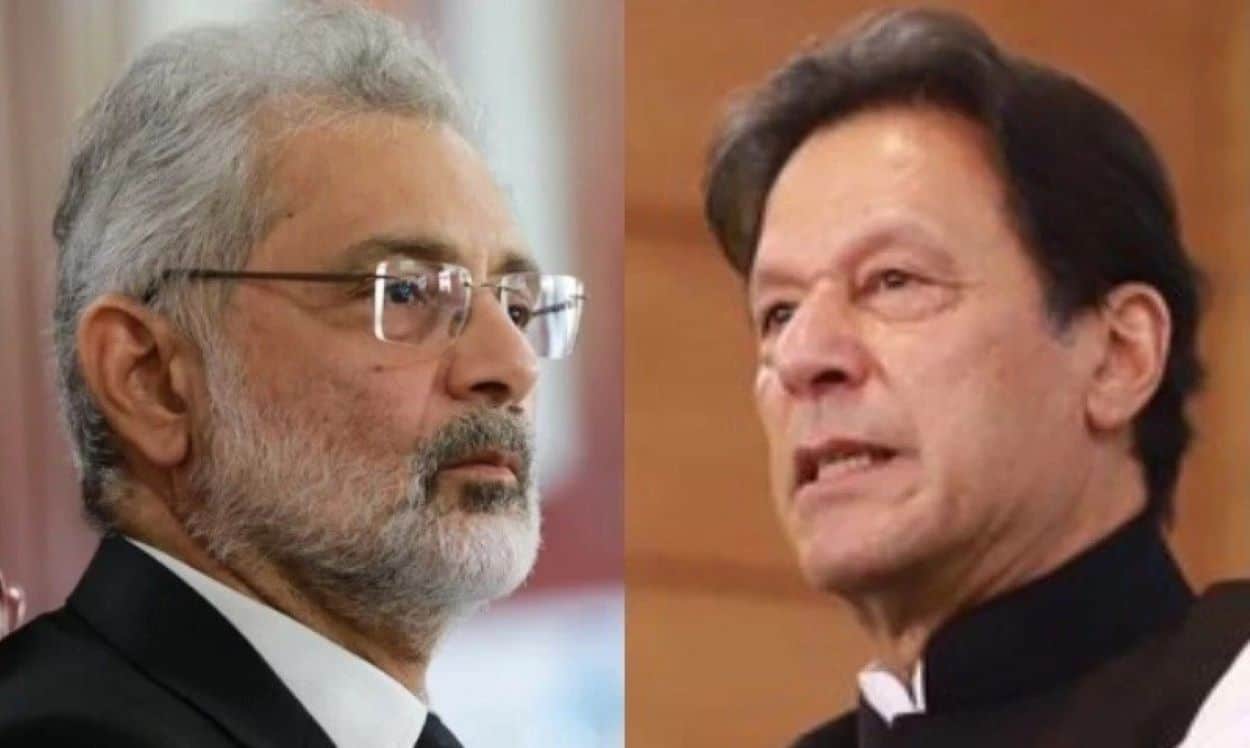Imran Khan, founder of Pakistan Tehreek-e-Insaf (PTI), has formally requested Chief Justice Qazi Faez Isa’s recusal from his cases in a submission to the Supreme Court. He cited the importance of maintaining impartiality in justice, particularly in the National Accountability Bureau (NAB) amendment case.
In his request, Khan referenced a prior Supreme Court order. His appeal arrives after the Supreme Court reserved its judgment last month on appeals by federal and provincial governments against a 2-1 decision led by former Chief Justice Umar Ata Bandial on September 15.
Historical Context and Concerns
This move by Khan follows a history of contentious interactions with CJP Isa, dating back to 2019 when Khan’s administration filed a presidential reference against Isa over allegations of undisclosed foreign properties owned under his wife and children’s names. The reference was dismissed by a 10-member bench headed by then-Chief Justice Bandial. Khan later acknowledged that initiating the presidential reference was a mistake.
Furthermore, with CJP Isa’s involvement in numerous cases related to Khan and his party, perceived biases have raised concerns. A PTI spokesperson criticized the courts for neglecting the party’s petitions and claimed that judgments seem biased, reinforcing their demand for Isa’s recusal.
Khan’s Argument and Stance on NAB Amendments
In his detailed four-page submission, Khan emphasized that his challenge to the NAB amendments is not for personal gain but for the national interest, highlighting his lifelong commitment to fighting corruption. He argued that the amendments terminate corruption cases and impede the future prosecution of white-collar crimes, thus harming Pakistan’s economic integrity and deterring foreign investment.
Khan also suggested reforms to the NAB Ordinance to prevent power abuses and mentioned the misrepresentation of property values in the Toshakhana case against him. He concluded by urging the Supreme Court to dismiss the intra-court appeals filed by the government, standing firm on his position against the NAB amendments.






